Rishi Kumar
AlabOS: A Python-based Reconfigurable Workflow Management Framework for Autonomous Laboratories
May 22, 2024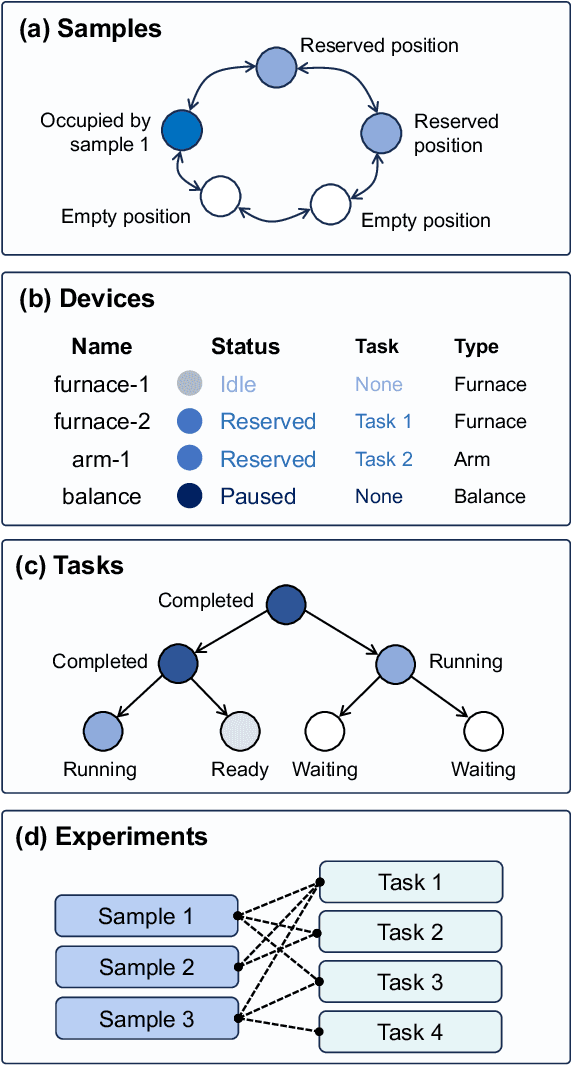
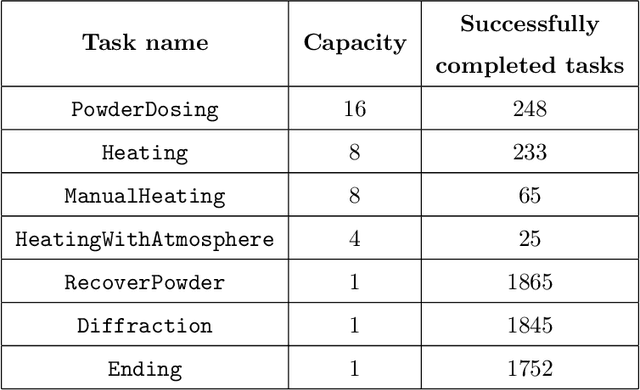
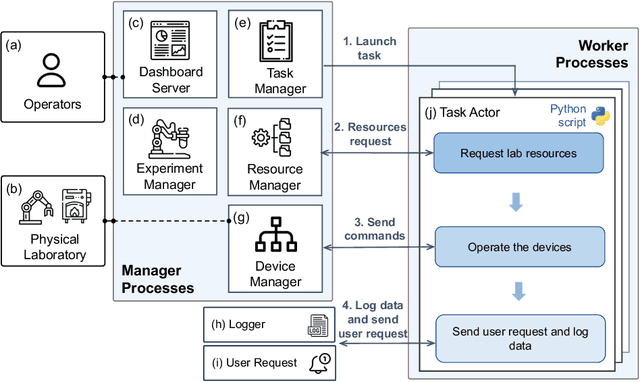
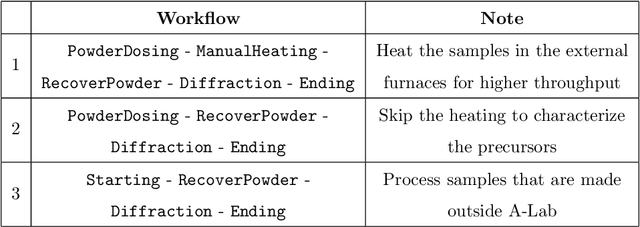
Abstract:The recent advent of autonomous laboratories, coupled with algorithms for high-throughput screening and active learning, promises to accelerate materials discovery and innovation. As these autonomous systems grow in complexity, the demand for robust and efficient workflow management software becomes increasingly critical. In this paper, we introduce AlabOS, a general-purpose software framework for orchestrating experiments and managing resources, with an emphasis on automated laboratories for materials synthesis and characterization. We demonstrate the implementation of AlabOS in a prototype autonomous materials laboratory. AlabOS features a reconfigurable experiment workflow model, enabling the simultaneous execution of varied workflows composed of modular tasks. Therefore, AlabOS is well-suited to handle the rapidly changing experimental protocols defining the progress of self-driving laboratory development for materials research.
Method for Hybrid Precision Convolutional Neural Network Representation
Jul 24, 2018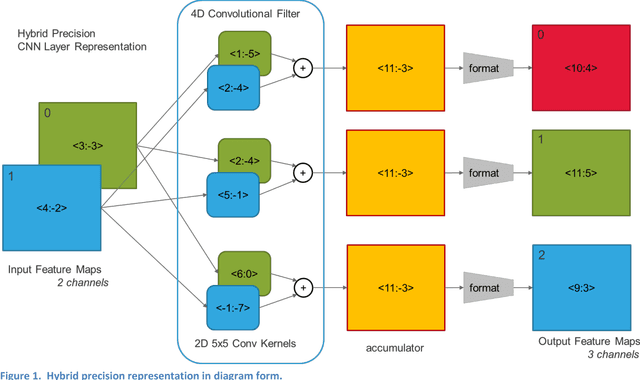
Abstract:This invention addresses fixed-point representations of convolutional neural networks (CNN) in integrated circuits. When quantizing a CNN for a practical implementation there is a trade-off between the precision used for operations between coefficients and data and the accuracy of the system. A homogenous representation may not be sufficient to achieve the best level of performance at a reasonable cost in implementation complexity or power consumption. Parsimonious ways of representing data and coefficients are needed to improve power efficiency and throughput while maintaining accuracy of a CNN.
 Add to Chrome
Add to Chrome Add to Firefox
Add to Firefox Add to Edge
Add to Edge